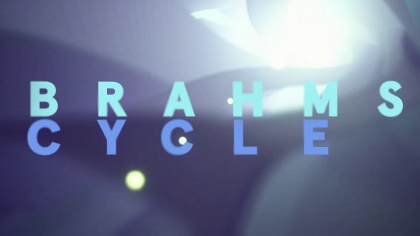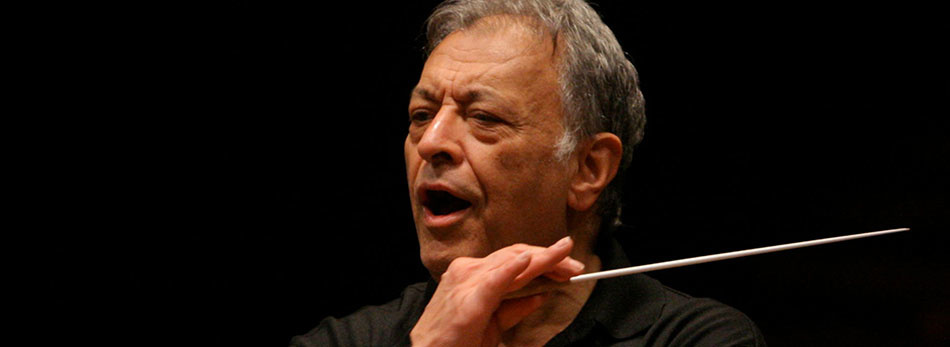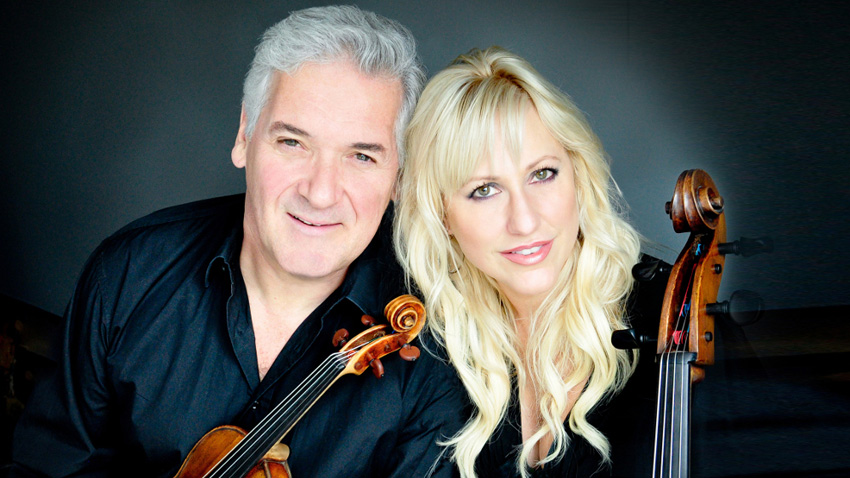ZUBIN (MEH)TA
Since classical concerts are scheduled up to two years in advance, there is no possible way to know if an artist will need to be replaced. This is why, in opera for example, singers don’t always seem best-suited for each other when one must cancel. But it’s also how I discovered some bedazzling last-minute replacements, such as pianist Behzod Abduraimov. Since the LA Phil booked its erstwhile music director Zubin Mehta — who served from 1962 to 1978, beginning at the age of 26 — how was anyone to know that the gloried 82-year-old conductor would have a series of health challenges, including shoulder and, more recently, hip surgery? Mehta has been forced to cancel many scheduled performances around the globe this past year, but with four separate programs over a few weeks — Brahm’s four symphonies paired with his four concerti and star soloists — it seemed the sold-out shows must go on. I attended the third and fourth concerts in this series, and the star of the show was neither Mehta nor the soloists Pinchas Zuckerman and his wife Amanda Forsyth — it was the body of the LA Phil, which practically had to conduct itself from my viewpoint.
Perhaps the reason Mehta didn’t cancel these particular concerts at Disney Hall is that he lives here in L.A. But the Maestro was physically feeble and incapable of standing while conducting. On both nights, Zuckerman carried Mehta’s baton, and Mehta carried Zuckerman’s violin while Mehta was physically escorted by an aid to a wooden ramp that led up to the podium, where Mehta sat for the duration. (Each night, the swapping of violin for baton got a hearty laugh from the packed houses, no doubt because it wasn’t clear why Mehta carried the priceless instrument if he couldn’t walk unattended.)
The artists, not to mention the audience, were clearly inspired by Mehta’s legacy more than his actions. That reverence showed itself not in the players’ faces (which looked as if they were being conducted by a metronome) but with the playing, as these musicians are at the peak of their prowess; especially impressive were the timpani (placed upstage left), horns (upstage center) and violas (at their usual place to the right of the conductor), all which had a more pronounced sound because there was a paucity of dynamic aural shifts; the sound was pretty much the same level throughout. Mehta’s hands never went above his collarbones, which made me wonder if players could even see their leader.
Zuckerman has always produced the most dulcet tones, and that sweet sound was in evidence for the Violin Concerto, but it felt languid. Could it be the violinist was handling the score with kid gloves as indulgence for Mehta’s weaknesses? Still, in the Allegro giocoso, when Brahms gives us drama and conflagration, Zuckerman showed incredible ease with with the double stops (sounding two notes simultaneously). There was so much confusion and fumbling for the exit, that the howling audience never received an encore.
At the next performance, Zuckerman was joined by Ms. Forsyth for the glorious Concerto for Violin and Cello in A minor, which was much more powerful, lyrical and intense than the Violin Concerto, but his playing completely overwhelmed her. I’d like to give her the benefit of the doubt that maybe she was sick, as she wiped her nose with tissues a few times, but from previous encounters with the duo, I find that she simply is not a very distinctive player and lacks fire. Since Mehta — who now utilized a wheelchair for entrances and exits — remained seated at the podium afterwards, an encore was easier to arrange, but Rheinhold Glière’s “Impromptu” from Eight Pieces for Violin and Cello, Op. 39 (“very impromptu,” Zuckerman said comically) was, along with everything else, a bit lackluster.
While Johannes Brahms was working on his First Symphony, the genre had one foot in the grave and another on a banana peel, as composers were unable to reinvent what Beethoven brought it to. From the First to the Fourth symphonies, Brahms virtually revived the genre, paving the way for generations of symphonists to come: Mahler, Sibelius, and a long list beyond (including Philip Glass, whose Symphony No. 12 — inspired by David Bowie — gets a world premiere next weekend by the LA Phil). Some of the most exciting symphonies in the canon, the renditions we got were, well, meh.
While there was plenty to enjoy in the Third Symphony — the melodious air, the thematic interrelationships — it lacked tension and spirit. Conducting from memory, Mehta took us on a sluggish journey that felt like a long time to get to its destination. Even as my mind wandered, the landscape of the piece remained gorgeous even as the affair felt lugubrious. The sound was undeniably rich for the Fourth, but both energico e passionato — the expression indications for the finale, Allegro — were lacking this past weekend.
Los Angeles Philharmonic
Zubin Mehta, guest conductor
Walt Disney Concert Hall
reviewed on January 4 & 6, 2019
for future shows, call 323.850.2000 or visit LA Phil



